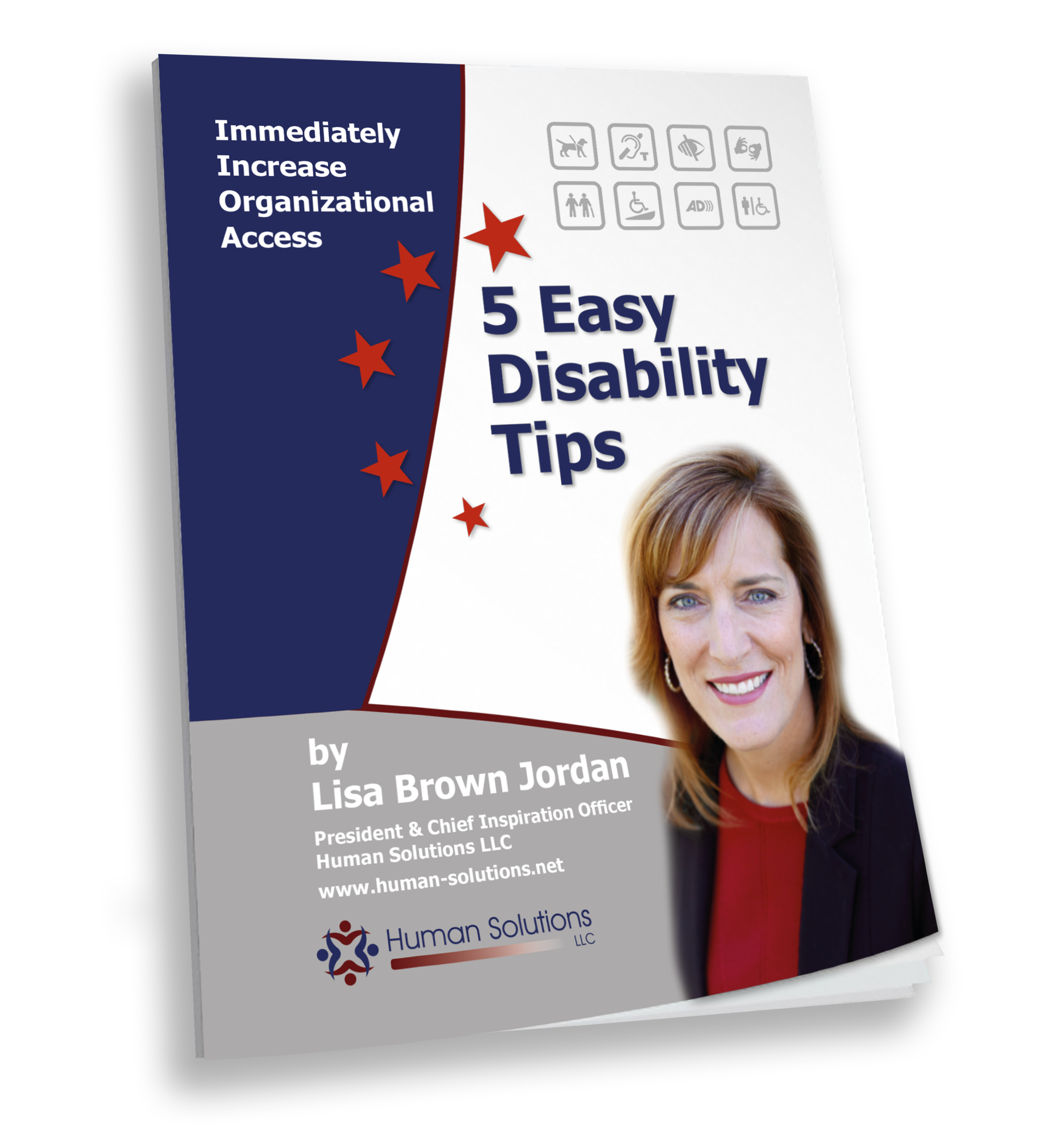This month’s question is about reducing customer test anxiety when administering assessments. If you have a question you would like to submit for our monthly Team Talk Question & Answer, please send an email to news@human-solutions.net. We look forward to hearing from you!
Q: We’ve noticed that some of our customers appear anxious when we administer the CASAS to determine their math and reading levels. What are some things we can do to make them feel more comfortable?
A: Great question! Many workforce development agencies administer some sort of assessment to measure a customer’s reading and math skills. In most cases, you’re doing this to determine the need for basic skills assistance or to qualify the customer for other services. I’m sure you’ve noticed that even mentioning of the word “test” often raises a person’s anxiety level. Anxiety in and of itself is caused by anticipating something stressful. For your customers, that anticipation may be due to the fear of not being found eligible for services, potential embarrassment because of reading or math scores, or just feeling vulnerable to what may or may not happen as a result of taking the assessment.
The following are 5 tips you can use to explain the need for this type of assessment without having your customer exit out through the back door before they’ve even started!
- First, don’t call it a test. For your purposes, and that of most workforce development agencies, you are doing an assessment or screening of your customer’s skills and abilities. Make sure you present it in that way to your customers. Even by definition, an assessment or appraisal sounds a lot less threatening than a test or critical evaluation of one’s skills.
- Clearly explain the reason why you’re giving the assessment. Spell it out in simple terms, but more importantly, let your customers know that the purpose of the assessment is to qualify them for services NOT to screen them out. The more relaxed you are, the more relaxed you will make your customers feel about it. If they clearly understand their scores may help vs. hinder them, taking the assessment will seem much less scary.
- If your customer was referred by another agency, always check to see if similar assessments were given somewhere else. There is no reason to re-administer an assessment if current results from an acceptable tool already exist. Our customer’s often have to fill out enough paperwork with repeat questions depending on how many agencies they are receiving services from. Your efforts to locate duplicate assessments will be well received and will help in establishing rapport with your customer.
- Know how to provide testing accommodations to customers with disabilities if they are requested. A word of caution…make sure if you make any alterations to the assessment yourself, you don’t invalidate the results. For example, if you have a customer that is unable to read the assessment due to a visual impairment, it may be okay to read the math portion of the assessment to him or her, but certainly not okay to read the reading portion out loud.
You should be able to find helpful testing accommodation suggestions for most assessments on the publisher’s website. If after searching the publisher’s website for accommodation information you are unable to locate it, most will have an 800 number you can call with questions. For accommodation information on the CASAS or the Comprehensive Adult Student Assessment System, which is commonly used, you can visit: https://www.casas.org/training-and-support/testing-guidelines/accommodations-guidelines or call (800) 255-1036 (800) 255-1036 ext. 192.
(800) 255-1036 ext. 192.
Good luck!


Leave a Reply